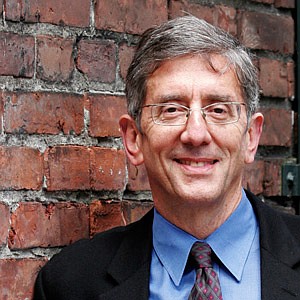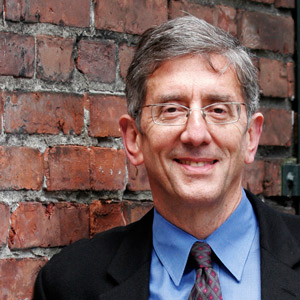Growing up in Chattanooga in the 1960s, Joel Solomon remembers his hometown as "a Coca-Cola town" with huge fortunes built for local families from bottling the world's No. 1 soft drink.
Coke was invented in 1886 in Atlanta, where is it was initially a fountain drink marketed as an "Intellectual Beverage and Temperance Drink" that cured hysteria and headaches. But Coke was first bottled in 1899 in Chattanooga in 1899 , helping to spur the development of lumber, glass and vending machine manufacturers as Coca-Cola become the No. 1 selling drink around the world.
If you go
Joel Solomon will discuss and sign copies of his book, The Clean Money Revolution: Reinventing Power, Purpose and Capitalism, at 5:30 p.m. Thursday, Nov. 1 at The Edney Building, Floor Five. Books will be sold by Starline Books at the event.
But Solomon, a venture capitalist and author who now lives in Vancouver, Canada, said Coke has lost some of its fizz as sales of its flagship product drop amid health concerns over carbonated soft drinks and the rise of a host of healthier, alternative beverages.
Solomon say the Coca-Cola history underscores the point of his new book, "The Clean Money Revolution: Reinventing Power, Purpose and Capitalism," which he will discuss and sign during an appearance in Chattanooga on Thursday.
"Watch the fringe to know where the mainstream is headed," Solomon writes in the foreword to his newest book. "Incumbents that stay stuck in their ways fade as anachronisms. Look back at the dominant corporations of each generation and you'll see the road littered with slow adapters."
Solomon is the founder of Renewal Funds, Canada's largest mission venture capital firm. He argues that a Green ecological revolution is reshaping how businesses operate and money is made. Solomon contends that "business as usual, founded on exploiting the environment, is ending and capitalism, with the proper guardrails, can be a force to restore the planet and bring more global justice.
Solomon said the 2016 election of President Donald Trump "was an alarming wake-up call" to those, like himself, who worry about man-made contributions to global climate change and ecological threats from unregulated industries.
But with $50 trillion of wealth expected to change hands in North America by 2050 in the largest generational wealth transfer in history, the opportunities for reshaping the environment and economics have never been better, Solomon says. As more young people become interested in businesses that yields both economic and societal gains, Solomon sees growing opportunities for the increasing number of social investors like what he started in Canada.
"Clean money is money aligned with purpose beyond self interest," Solomon writes. "Money that makes the world better."
Solomon, who left Chattanooga after graduating from City High at age 18 but frequently visits his hometown, also cites Chattanooga as an example of success.
"When I was a kid, we were known as the dirtiest city in America," Solomon recalls. "But Chattanooga has made a remarkable turnaround to become an environmental, outdoor city, and much of that has come from both the private and public sectors."
Solomon's name has been a fixture in downtown Chattanooga where the federal building was renamed in 1981 for his late father, Joel "Jay" W. Solomon, a Chattanooga native, wealthy developer and administrator of the U.S. General Services Administration from 1977 to 1979 who died in 1984.
Like his father, the younger Solomon worked in President Jimmy Carter's administration, which he said helped shape his environmental and social-oriented investment interests.
"The clean money revolution is growing from a spiritual evolution," Solomon writes,. "Let's be billionaires of good deeds."

